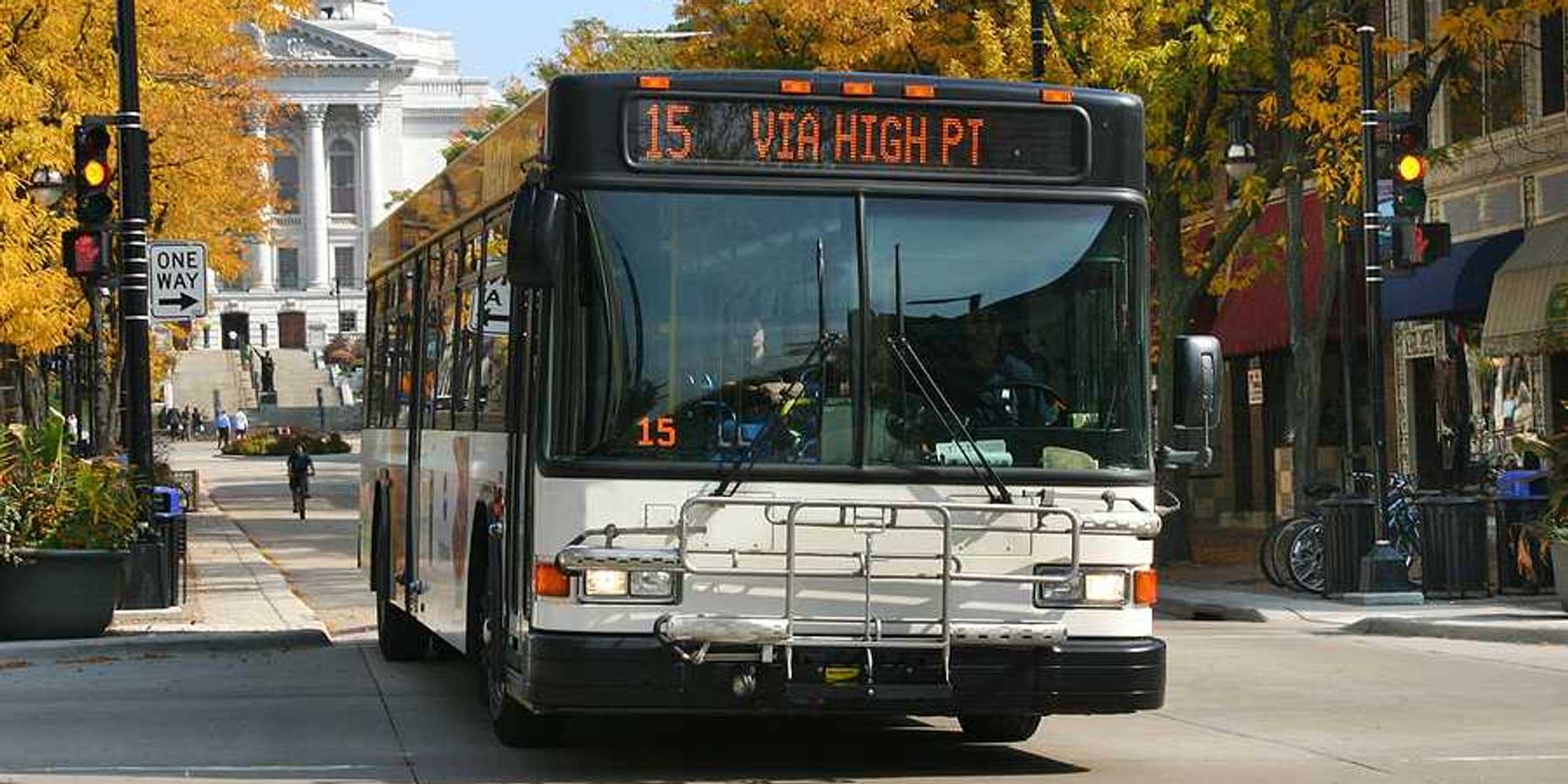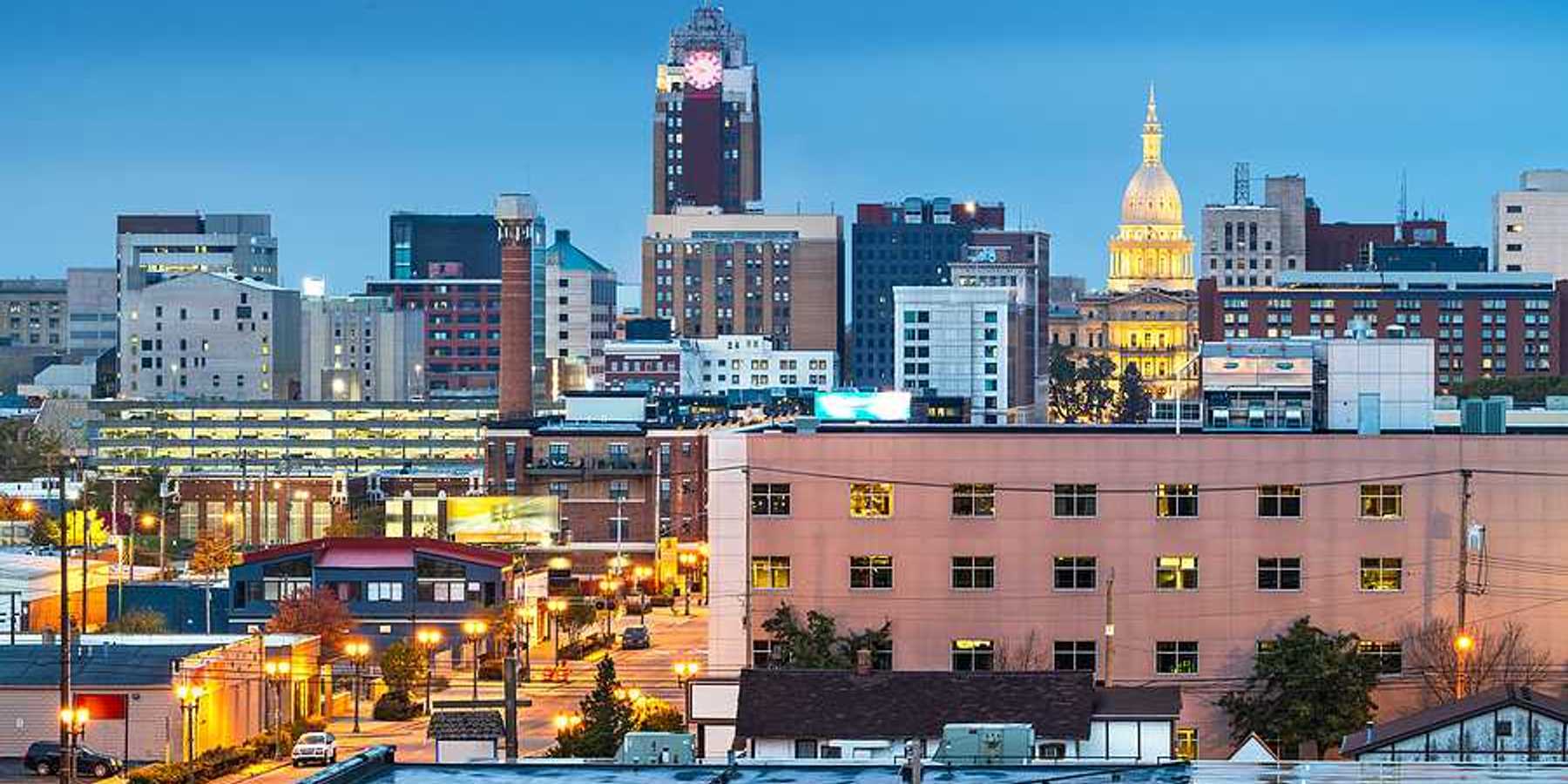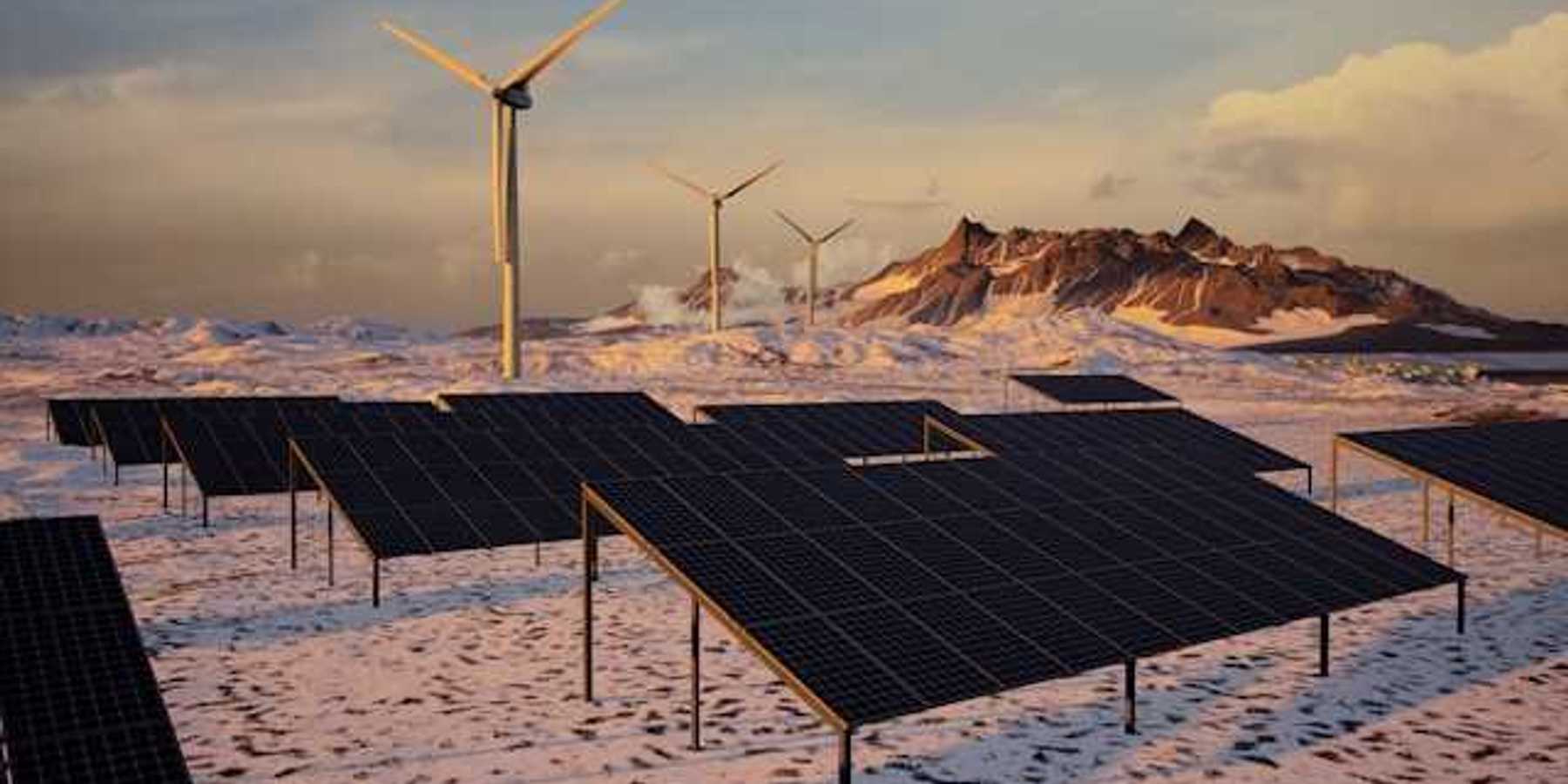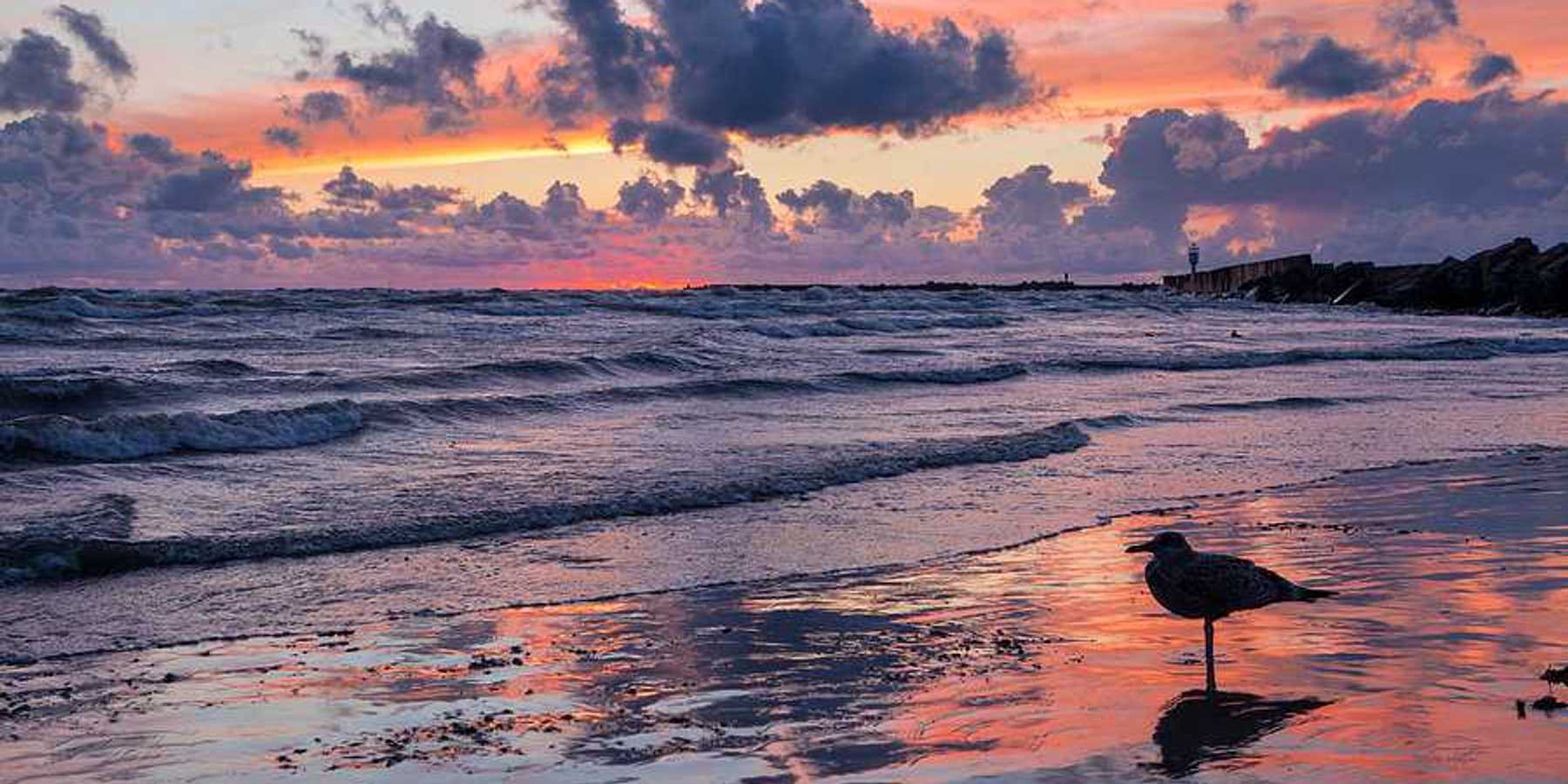A battle for water rights unfolds in Nevada's lithium mining area
In the heart of Nevada, a crucial battle over water rights is intensifying as lithium mining operations vie for the scarce resource essential for their extraction processes.
Daniel Rothberg reports for Inside Climate News.
In short:
- Nevada's Clayton Valley hosts the Silver Peak mine, the sole active U.S. lithium extraction site, amidst growing demand for the metal due to the electric vehicle boom.
- Albemarle, the mining giant, faces competition for water rights in an area where water is already a rare commodity, challenging the sustainability and expansion of lithium mining.
- Disputes over water rights underscore the broader challenges of mining in the West, including environmental and community impacts.
Key quote:
“The mines could be able to bring in quite a bit of work … to the area, and a lot of income to the area. But if you don’t have the water, how are you going to operate the mine?”
— De Winsor, commissioner of Esmeralda County, Nevada
Why this matters:
Hard rock mining methods, used in regions like Australia and Nevada, involve excavating lithium-rich minerals from the Earth, which can produce significant amounts of wastewater and chemical runoff. If not properly managed, this runoff can contaminate nearby waterways and groundwater, posing risks to both human health and the environment.
As nations worldwide strive to combat climate change by transitioning to renewable energy, they find themselves grappling with how to avoid repeating the mistakes of 150 years of fossil fuel production.













